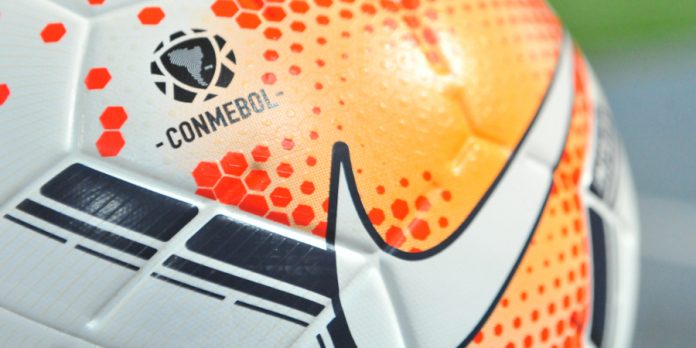Graciela Garay, Ethics and Compliance Officer, and Julio Lansac, Integrity Officer, opened day two of SBC Digital Latinoamérica and explained why ensuring integrity in football is essential for sports and all industries that surround it.
Garay stressed that last year was full of challenges due to the pandemic and other controversial and sensitive issues related to South American and global football.
In the keynote “CONMEBOL: Sports Integrity as a Beacon for the Betting Industry”, the officials highlighted the campaign that kicked off a few years ago to prevent match-fixing and guarantee authenticity in sports.
Some of those measures include the partnership with Sportradar to monitor the betting market, all the matches from competitions organized by CONMEBOL and national tournaments, intelligence services for suspicious cases and a reporting channel on the confederation’s website.
In this regard, Conmebol adopted a zero tolerance policy against individuals and organizations involved in match-fixing: “For us, there is no tolerance based on this and obviously the disciplinary body will be the one to sanction, but it’s very important to spread this policy so everyone knows the consequences of match-fixing,” said Lansac.
“Manipulation exists and we must be prepared to avoid these situations. In order to achieve this policy, it’s necessary to have a legal framework where everyone understands that we are governed by regulations that promote integrity and penalize in the event of manipulations,” he added.
“Integrity is a subject that we don’t stop learning, so every day we need to work to achieve a sport with ethics, and above all, fair play.”
According to Garay, one of the main goals of Conmebol is cultural transformation, which they’ve been using as a key point to work throughout the years. “Conmebol has set three main goals: clear rules, reinvestment in football and [to be] a leading institution,” she said.
When it comes to clear rules, the Director explained that it’s important for people to understand that actions have consequences, and highlighted that the confederation works as a team “because we understand that everything we do institutionally is united and reflected in what happens on the field”.
“If integrity and reputation are questioned, football loses both sportingly and economically,” said Lansac, who explained that the level of professionalization can also lose credibility.
On the other hand, in terms of economic losses, he said that sponsors are not interested in damaged products: “If the sport is tainted by manipulation, television rights [are harmed] and the sponsors will not want to invest in clubs or national teams.”
To name previous examples of match-fixing in South America, Garay mentioned three different cases. On one occasion, a person received a two-year ban for trying to manipulate a draw, while a player received the same penalty for participating in a match-fixing attempt. They also sanctioned a person who tried to manipulate a game through a referee.
“These cases are an example that the regulations exist, that the investigations are being carried out and that the necessary measures are effectively taken to sanction these types of acts,” she said.
“I think this past year we were the only confederation that managed to finish all tournaments and carry them with the same format they originally had. We were the ones who were able to preserve justice in sports, meaning that all matches were decided on the field.
“We also understood that this year we had to pay extra attention to everything related to match-fixing because we know that there are very important economic issues. That made the monitoring itself much more detailed, focused, and I would say that the follow-up was much more accurate as well,” she added.
Garay summarized the keynote by emphasizing that “we must work towards transparency, clear rules, fair play, towards games without match-fixing, for football and all sports to be professional”. She also said that work needs to be done to prevent manipulation or betting becoming a problem.
“We have to give back to football what belongs to football. It’s necessary to place South American football in the privileged space it belongs, to restore transparency and credibility to each action that we carry out.”












